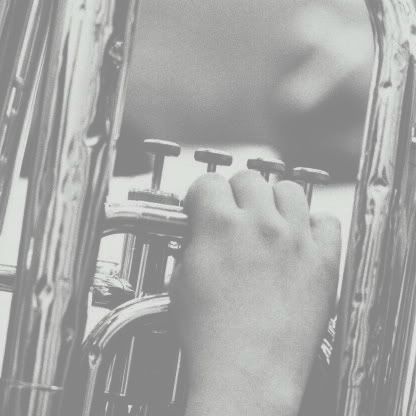<body><script type="text/javascript">
function setAttributeOnload(object, attribute, val) {
if(window.addEventListener) {
window.addEventListener('load',
function(){ object[attribute] = val; }, false);
} else {
window.attachEvent('onload', function(){ object[attribute] = val; });
}
}
</script>
<div id="navbar-iframe-container"></div>
<script type="text/javascript" src="https://apis.google.com/js/platform.js"></script>
<script type="text/javascript">
gapi.load("gapi.iframes:gapi.iframes.style.bubble", function() {
if (gapi.iframes && gapi.iframes.getContext) {
gapi.iframes.getContext().openChild({
url: 'https://www.blogger.com/navbar/7892863?origin\x3dhttp://snsb-et.blogspot.com',
where: document.getElementById("navbar-iframe-container"),
id: "navbar-iframe"
});
}
});
</script>

Navigations;
SNSB
links
EUPHONIUM
tagboard
TUBA
archives & events
20090628
The euphonium is a conical-bore, tenor-voiced brass instrument. It derives its name from the Greek word euphonos, meaning "well-sounding" or "sweet-voiced" (eu means "well" or "good" and phonium means "voice").
I quote wiki
We are AWESOME
And we are NOT UFOs we are:
A person who plays euphonium is sometimes called a euphophonist, euphoniumist or a euphonist, while British players often colloquially refer to themselves as euphists.
And lastly,
The euphonium has historically been and largely still is exclusively a band instrument, whether of the wind or brass variety, where it is frequently featured as a solo instrument. Because of this, the euphonium has been called the "king of band instruments", or the "cello of the band", because of its similarity in timbre and ensemble role to the stringed instrument. Euphoniums typically have extremely important parts in many marches (such as those by John Philip Sousa), and in brass band music of the British tradition.
:D
Sijia, Euphoniumist (:
21:53
The Official SN Euphoniumists and Tubists







